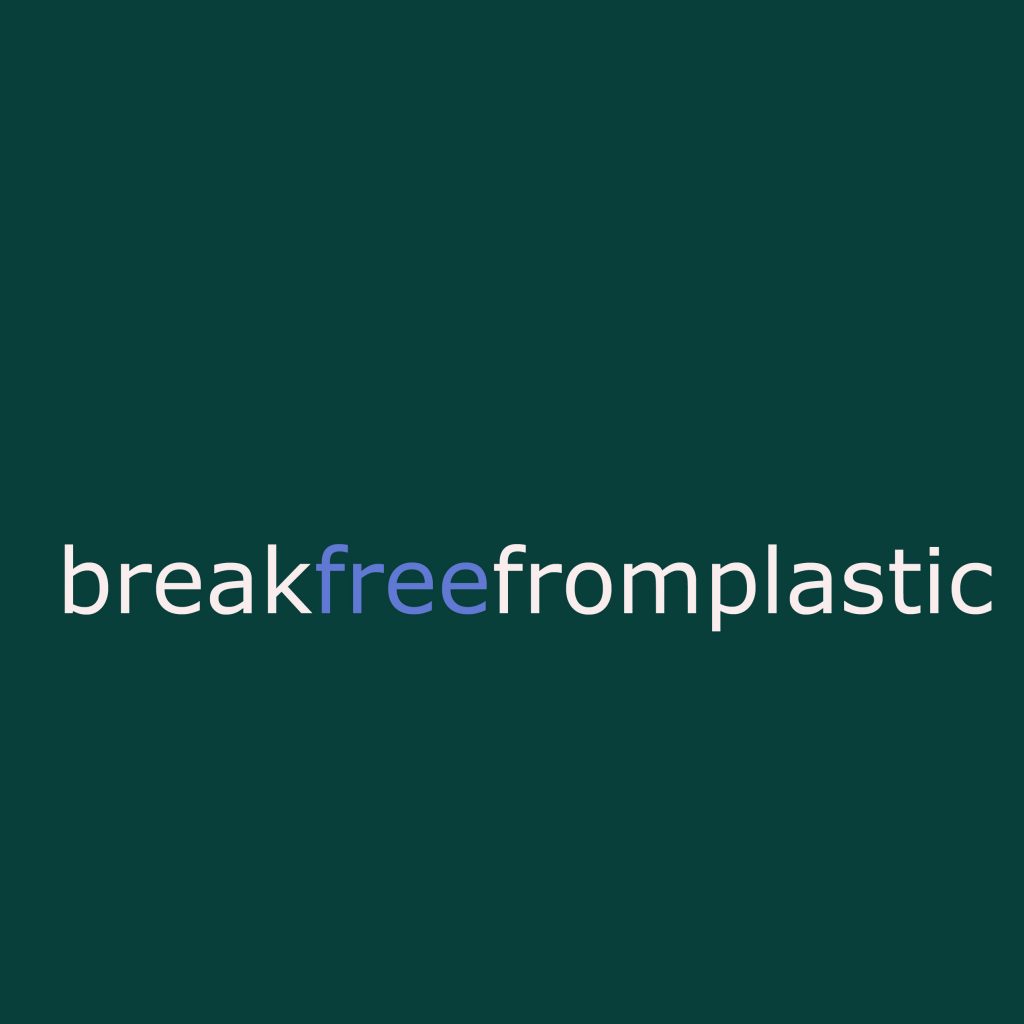Break Free From Plastic: part 1 of 3
High Art Fridays has joined a population of concerned citizens to support the Break Free From Plastic Pollution Act. Countries worldwide are beginning to roll out new restrictions, taxes, and other measures to help reduce plastic pollution. Many states are working to pass producer responsibility Bills. American Chemistry Council estimates that 194 billion dollars will be invested into 325 new and upgraded petrochemicals facilities primarily for plastics between now and 2025. Clearly, we already produce more plastic than we can use.
In 2020, the Break Free From Plastic Pollution Act was introduced to the United States House of Representatives on February 11, 2020. This Bill would set forth requirements related to waste and recycling collection systems for various products and materials, including plastics. During this time, COVID-19 began making its way in the USA and infecting individuals, creating a mass wave of fear and chaos. On March 18, 2020, Plastics Industry Association sent a letter to the US Department of Health and Human Services, informing our government on how plastics could be instrumental in the fight against the coronavirus. This invitation was strategically sent to the government while the nation was vulnerable. For years, the plastic industry has consistently funded and promoted research to discredit a growing movement to end single-use plastic pollution when COVID-19 began to spread, they seized on an opportunity to activate their network of pro-plastic surrogates.
Many of us were taught the three R’s—reduce, reuse, and recycle—and figured that as long as we got our plastic items into those blue bins, we could keep our plastic use in check and protect our planet. But the reality has become much more like the three B’s—buried, burned, or borne out to sea. The impacts on Americans’ health, particularly in communities of color and low-income communities, are serious. Plastic pollution is a full-blown environmental and health crisis, and it’s time that we pass this legislation to get it under control. Sen. Jeff Merkley (OR)
Proposals like Break Free from Plastics were making inroads for incorporating real change in our overindulgence of plastic. Right here in Cleveland, the City Council was on the verge of writing this into local law, banning single-use plastic bags from grocery stores and other retailers. Many businesses at that time answered the call and were beginning to phase out plastic bags. Giant Eagle, The Dollar Store, and others had started this transition; Maine, Oregon, California began to phase out plastic bags before the pandemic hit but soon rolled back their bans as the virus took hold. The plastic industry cleverly used COVID-19 to exploit people’s fears regarding sanitation and hygiene to interfere with legislation banning or regulating the use of single-use plastic bags.
This initiative builds on statewide laws across the country and outlines plastic reduction strategies to improve the health of our people and our planet. The proposed Bill will do this by reducing plastic production before it ever has a chance to pollute, taking the burden of plastic waste off of frontline communities, prevent plastic waste from being sent to developing countries, and calls out false solutions like incineration which are highly toxic and disproportionately affect low-income communities of color.
Sen. Jeff Merkley (OR) and Rep. Alan Lowenthal (CA) will reintroduce this Bill to congress Thursday, March 25, 2021. We need your help to get as many organizations, businesses, government offices, etc., to support this comprehensive bill. Join HAF and show support as this Bill is reintroduced to Congress; we want to encourage you to show your support throughout the next few months.


